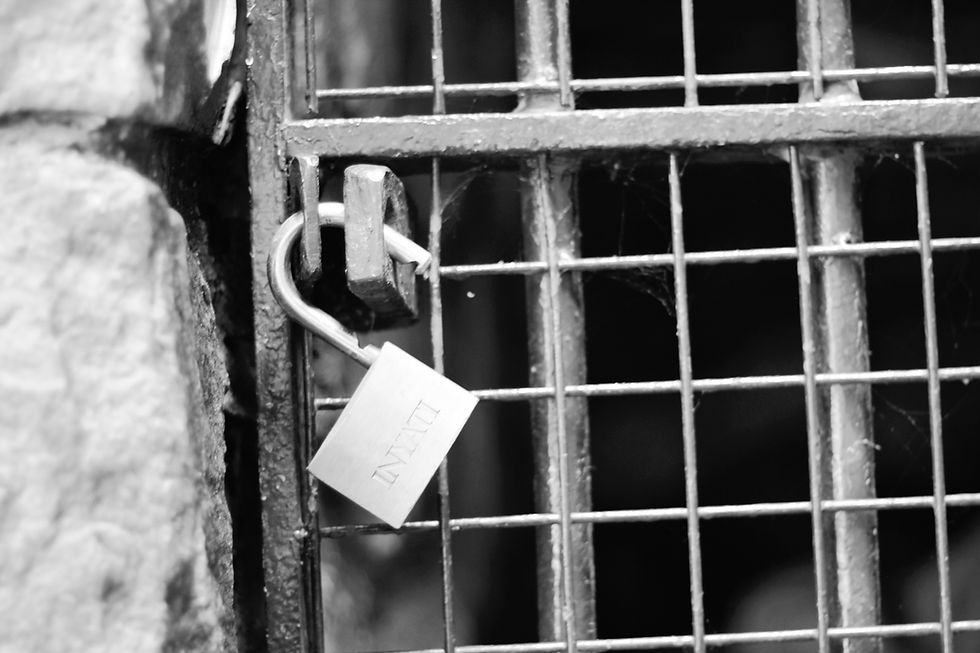10 Warning Signs to Expose Puppy Mills
- W. Warren
- Apr 10, 2023
- 3 min read
It can be difficult to distinguish between a reputable breeder and a puppy mill, as some mills may attempt to disguise themselves as ethical breeders. However, there are a few warning signs that you can look out for to help identify a puppy mill:
Multiple breeds: Puppy mills often breed multiple types of dogs, rather than specializing in a single breed or class of mixes.
Quantity over quality: Puppy mills prioritize quantity over the health and well-being of the animals they breed. They may have many dogs in cramped and often unsanitary conditions, with little to no regard for their health.
No health testing: Ethical breeders conduct extensive health testing on their breeding dogs to ensure they are not passing on any genetic health problems to their offspring. Puppy mills do not usually do this kind of testing, which can result in puppies with serious health issues.
No screening of potential buyers: A reputable breeder will want to ensure that their puppies are going to good homes. They may ask potential buyers many questions to make sure they are a good fit for the breed and the individual puppy. Puppy mills are often more interested in making a sale and may not screen buyers at all.
No guarantee or return policy: A responsible breeder will typically offer a health guarantee and allow buyers to return the puppy if there are any issues. Puppy mills often have no such policies in place.
Lack of transparency: Ethical breeders are usually very open about their breeding practices and welcome questions from potential buyers. Puppy mills, on the other hand, may be evasive or refuse to answer questions about their breeding practices.
Selling through pet stores, online or a different home: Puppy mills often sell their puppies through pet stores or online, rather than directly to buyers. Some will even sell their puppies from a secondary house, and refuse visits to the property where the puppies are raised. This is because it allows them to hide the conditions in which the dogs are bred and raised.
They have puppies readily available for purchase. Ethical breeders generally limit the number of litters they produce each year to prioritize the welfare and health of their breeding dogs and their puppies. On the other hand, an uninterrupted flow of puppies readily available for purchase may be suggestive of a puppy farm.
They only have staged photos of the puppy, and do not show where the puppy lives. Puppy farms will often stage photos of puppies to hide the true living conditions they are raised in. These breeders aim to deceive potential buyers by showing cute and cuddly puppies in clean, well-lit environments, while the reality may be far from the truth.
You can not view the parents. Puppy mills often hide the puppies' parents from viewers because the living conditions and breeding practices of the parent dogs may be substandard and inhumane.
Puppy mills prioritize volume over quality and care. This approach can result in substandard living conditions, genetic defects, and health problems in the dogs and puppies.
If you suspect that a breeder is a puppy mill disguised as an ethical breeder, it is important to do your research and ask questions. Don't be afraid to ask for references from previous buyers, visit the breeder in person, and ask to see the breeding facilities and health records of the dogs. A reputable breeder will be happy to provide this information, while a puppy mill may try to avoid it or become defensive.




Comments